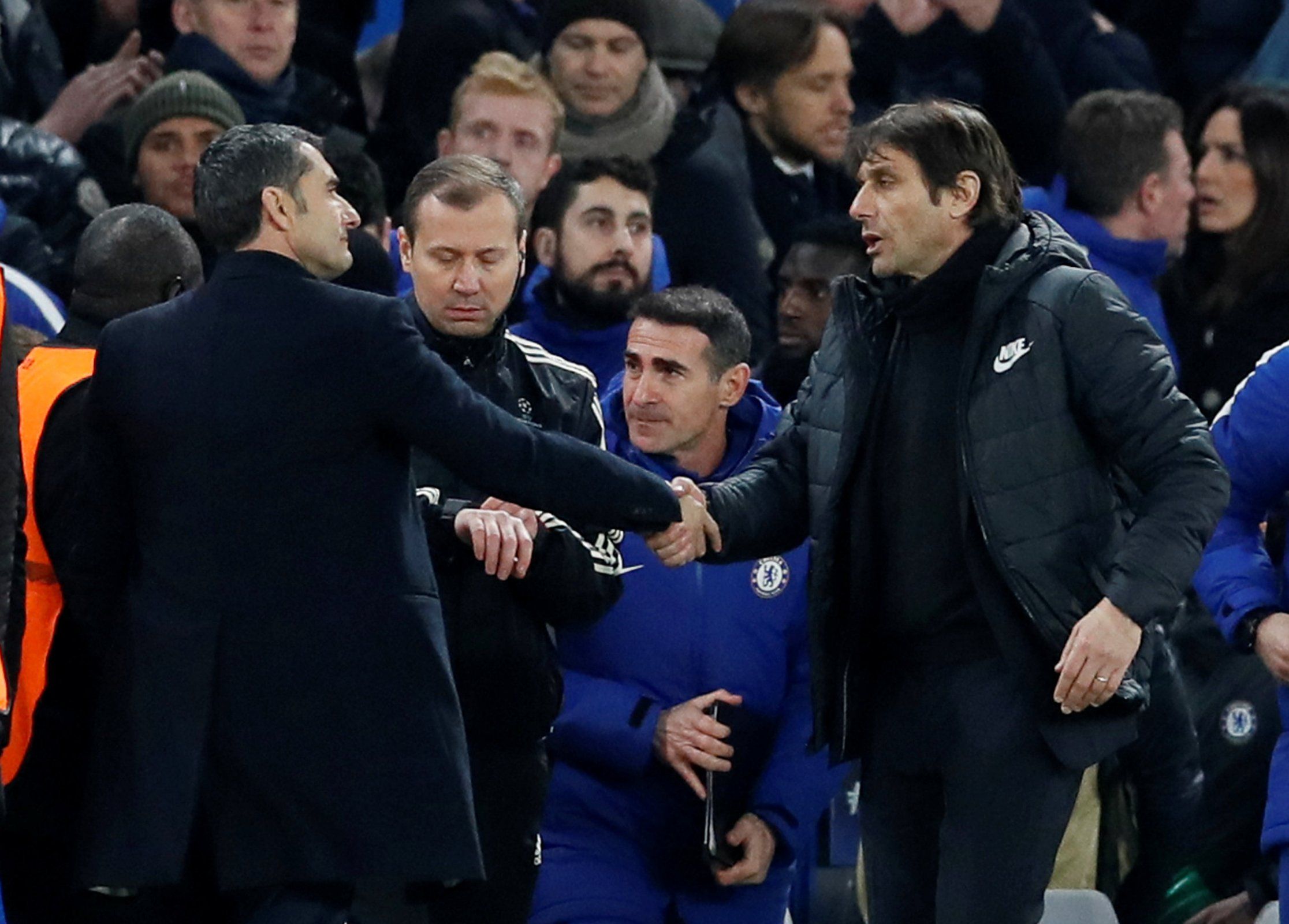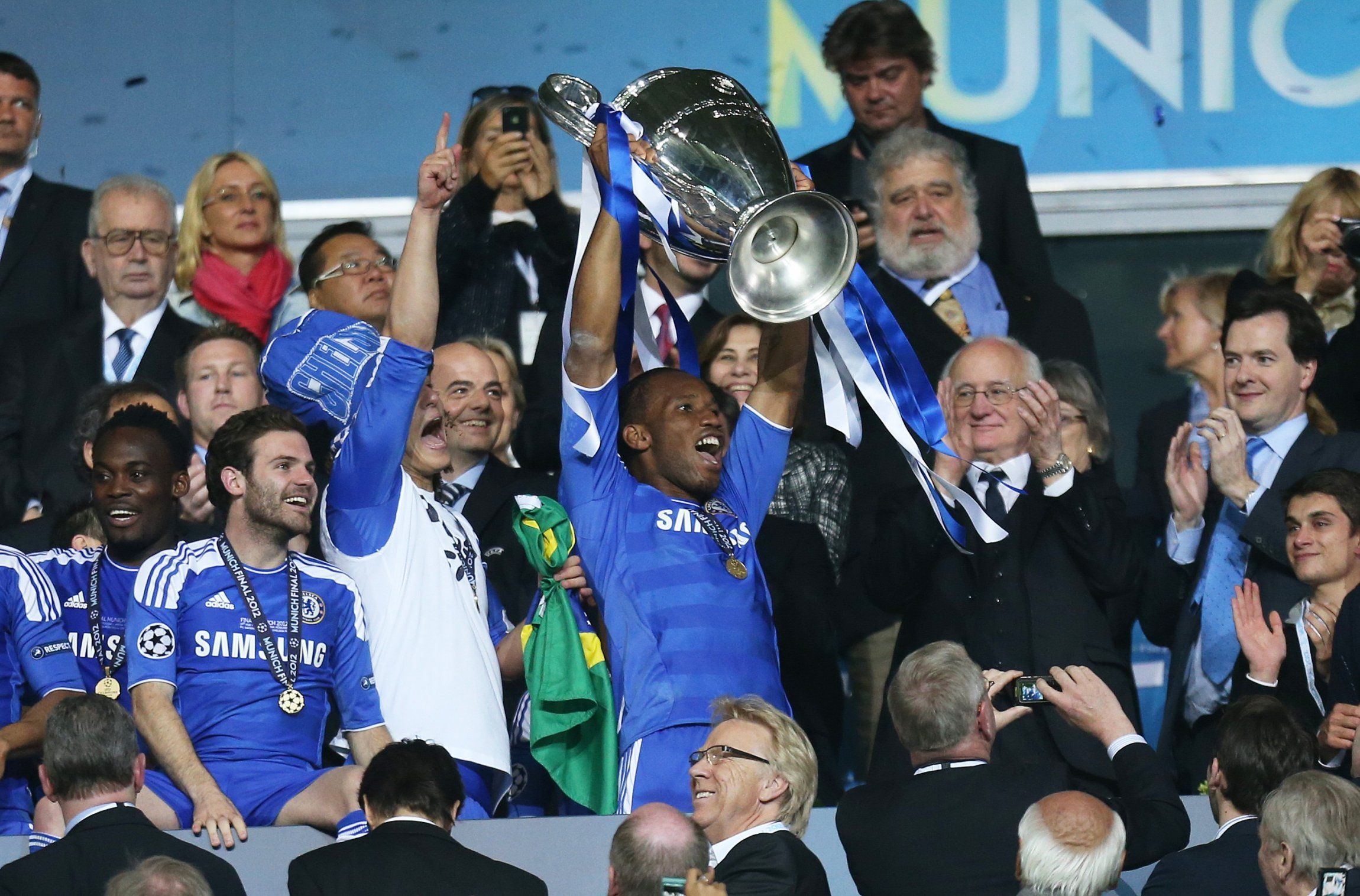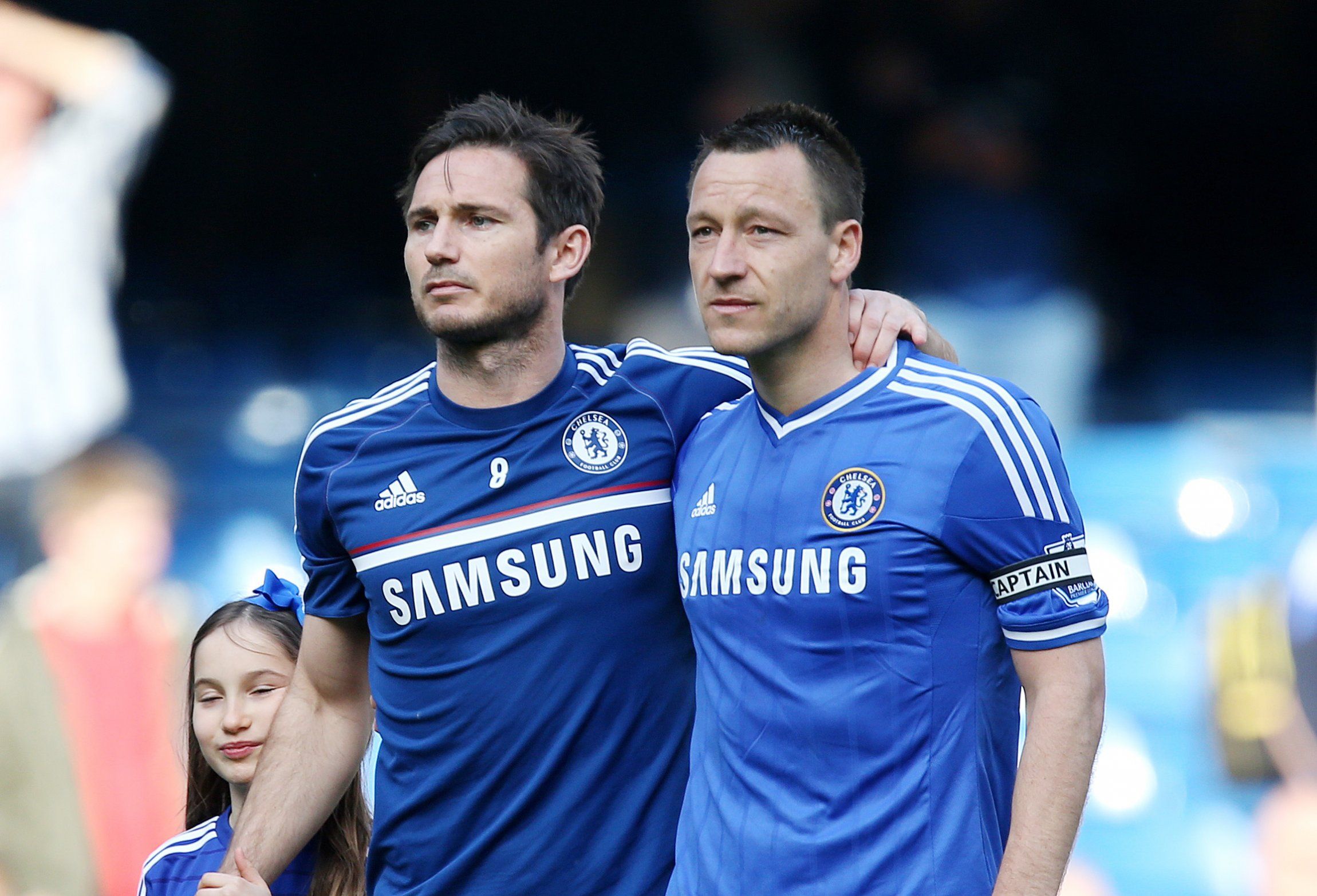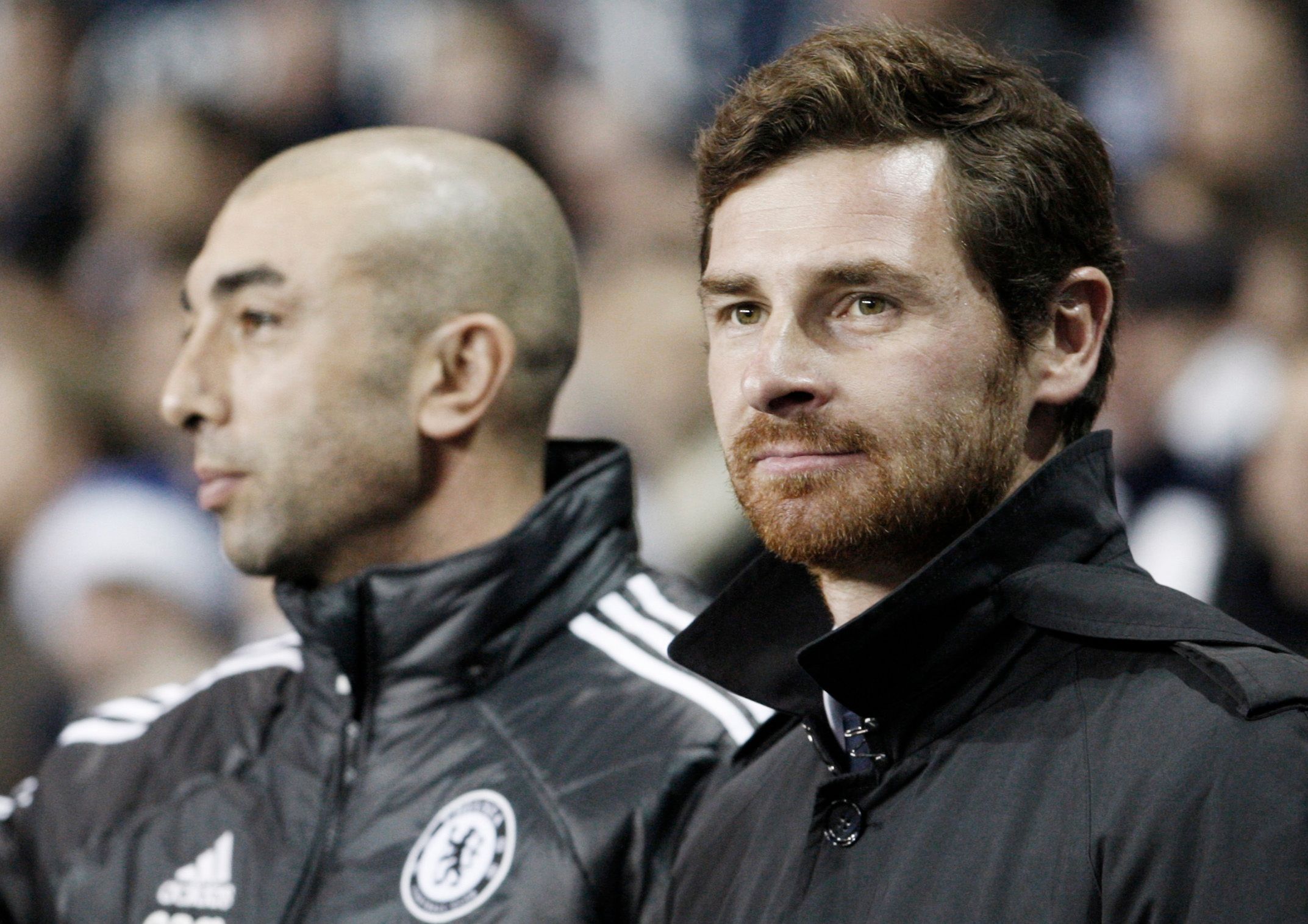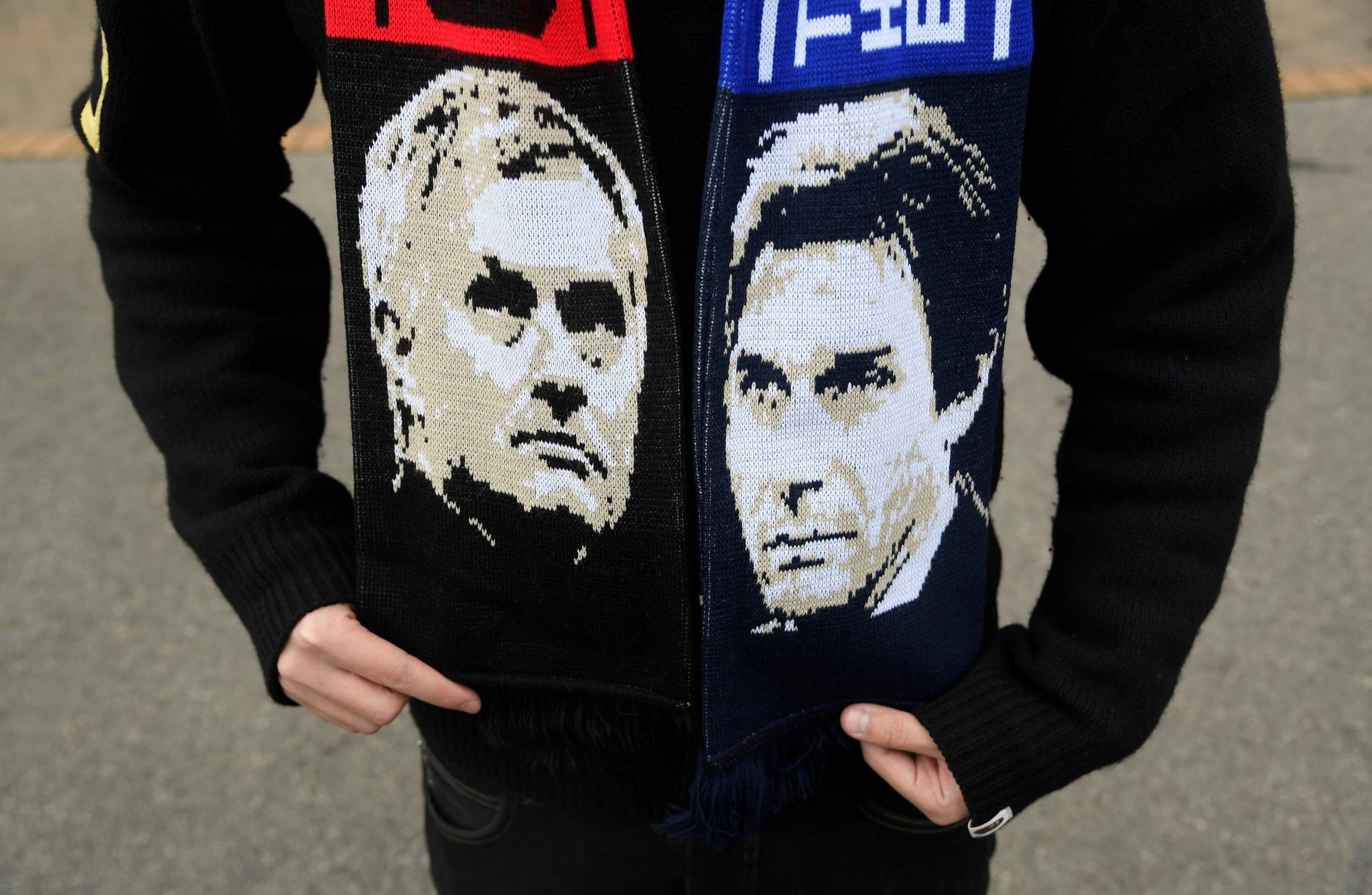Chelsea were so close to a perfectly sedulous performance against Barcelona, yet that only highlighted the vast chasm between the two sides - even if the scores did end level on Tuesday night. The champions of England settling simply for containing the expected champions of Spain in their own back garden, allowing them to control the ball and the tempo of what proved to be a Champions League clash of incredibly fine margins at Stamford Bridge.
That’s not criticise Antonio Conte’s tactics, which would have given Chelsea a crucial advantage to take into the second leg at the Nou Camp barring one erroneous pass from Andreas Christensen - a prodigious talent usually so reliable on the ball. But the Blues’ approach nonetheless gave us a telling insight into Chelsea’s identity, which remains somewhat unique compared to Europe’s greatest teams and a far distance from what Roman Abramovich envisaged during the opening years of his tutelage.
Abramovich wanted to create a club famed for developing young players and attractive football - much like Chelsea’s mid-week opponents - strongly influenced by Piet De Visser and devoting time and resources into bringing Frank Arnesen from Tottenham. Initially, Chelsea were that way inclined too; they were one of English football’s earliest and most prolific adopters of foreign ideas, foreign players and the attacking ingenuity that often accompanied them.
But the appointment of Jose Mourinho created a different foundation that became unequivocally evident during his early games in charge of Chelsea and persists unto this day. It took nine top flight fixtures for his Chelsea side to score more than two goals in a game but they kept seven clean sheets, while his opening meetings with Chelsea’s closest divisional rivals - Arsenal - both ended in draws. That mantra has remained at the epicentre of the west London club, even though they’ve passed through eleven different managers, including Mourinho’s second spell, since then.
[ad_pod ]
Indeed, Chelsea’s identity can be summarised simply as a preoccupation with stopping the other team from winning before winning the game themselves. They’ve developed an intrinsic ability to cope with incredible pressure in big matches and to survive for long periods without the ball, without it affecting their chances of victory. Some would label it defensive football, but it’s far more sophisticated than that - it’s tactical adeptness, the ability to manage games, and the belief to be clinical when chances do come their way.
That’s not to suggest Chelsea can’t play fine football as well - they’re still the Premier League’s record goalscorers in a single season, and you have to be a multifunctional side to win the title like they did last term.
But the Blues’ greatest achievements have all stemmed from that inherent resilience - their domination of English football for two years under Mourinho, their Europa League title under Rafa Benitez, last season’s domestic crown under Conte and of course their most prized and symbolic honour of all - the 2012 Champions League title which required perhaps the most defiant performance ever seen in the competition’s final as a severely weakened Blues team beat Bayern Munich in their own stadium. Carlo Ancelotti’s record-breaking title campaign was very much the exception the rule.
This isn’t a case of football snobbery - in fact, that philosophy perfectly fits the narrative of Chelsea being treated as unworthy outsiders when they first broke into Europe’s elite - but it nonetheless puts the Blues in a curious place along the spectrum of the continent’s biggest clubs. A far cry from the aesthetic ideals of El Clasico, a significant distance from what is trying to be achieved at PSG and Manchester City, a long shot from what Pep Guardiola left behind at Bayern Munich.
The Blues’ closest resemblance is the mentality of Serie A and Diego Simeone’s Atletico Madrid - but the former has steadily declined in recent years and the latter are the continent’s perennial underdogs. In short, Chelsea’s identity contradicts the footballing utopia their most successful rivals strive towards, and the path the beautiful game has taken in general over the last decade.
Yet, it’s arguably a generational thing as much a question of a collective mindset. While Chelsea’s identity still harks back to Mourinho’s first spell at Stamford Bridge, it was maintained by the players and personalities he left behind - John Terry, Frank Lampard, Didier Drogba and Petr Cech particularly. All were incredibly physical, tactical and clinical players who embraced Mourinho’s win-at-all-costs mentality. Understandably so, considering the critical impact he had on their careers.
Now though, Chelsea have a chance to start anew, to create a new generation that breathes its own ideas into the lungs and lifeblood of the football club. That iconic foursome have departed elsewhere, leaving Gary Cahill and David Luiz as the last remaining alumni of the school of that traditional Chelsea way of thinking - but they too appear to be edging towards the exit door, or at the very least the peripheries of the first team squad.
Although the void of leadership they’ve left behind has been painfully evident at times in recent years, particularly the utter capitulation of 2015/16 and in moments this season, the fact it needs filling gives Chelsea’s identity the opportunity to evolve into something else, something more eye-catching, more glamorous and more in line with the ideals De Visser and Arnesen inspired in Abramovich over a decade ago.
However, just like during Mourinho’s first spell, the man in the dugout inevitably creates the biggest influence - and therein lies the ultimate contradiction. For all of Abramovich’s apparent love for attractive football, no attacking manager has lasted particularly long at Stamford Bridge; Roberto Di Matteo, Phil Scolari, Andre Villas-Boas and even Ancelotti were all dispensed of in prompt fashion; yet it will take time, revolution and evolution to transform what has been the club’s underlying mentality for the past decade-and-a-half.
Conte is not the man to oversee that change - he’s a pragmatist rather than the idealist Chelsea need - and although his expected departure this summer would create the opportunity for Abramovich to bring a more attacking and adventurous successor in, the ultimate concern is their seemingly inevitable lack of staying power, especially if a new emphasis on forward play leads to a turbulent start in terms of results. It certainly wouldn’t be the first time an offensive manager has struggled upon opening up an organised team.
And thus, Chelsea find themselves caught in something of an eternal cycle; even though the passing of a generation gives them the opportunity to move onto a more eye-catching way of playing, the limited longevity of those in the dugout continues to prevent any real change. They can only make subtle modifications to what has been left behind, and all of the Portuguese's predecessors have inherited a squad inevitably containing traces of the Mourinho way of thinking.
That’s not to say Mourinho's persisting shadow inhibits Chelsea’s chances of success - if anything, it has proved the mantra with the greatest yield of success for the Blues. But if the west Londoners want to reach a place where they’re taking the game to Barcelona at Stamford Bridge rather than their hopes hinging on a perfect counter-attacking performance, they need to find a manager who can balance out Abramovich’s demands for success with breeding a new offensive philosophy into the club.
It’s not impossible, but history tells us it’s a big, big ask.

